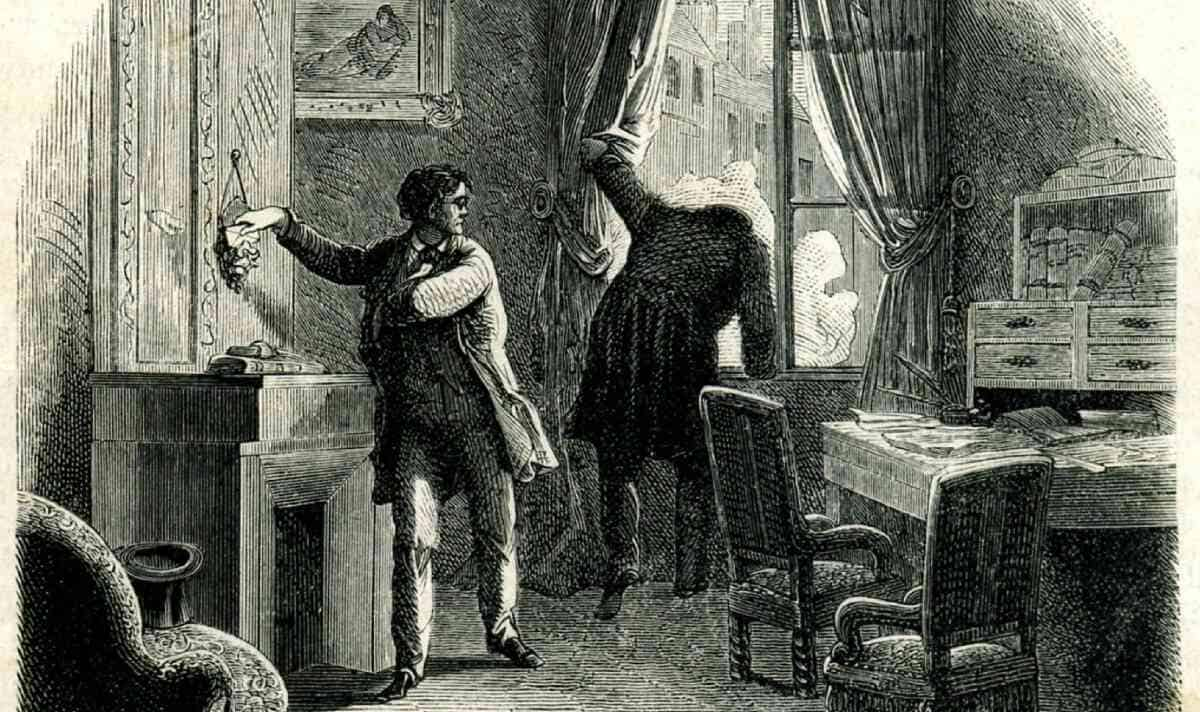Dr. Watson stepped into the house and found his friend in the armchair. Sherlock Holmes was thinking about something.
“To be honest, my friend,” said Watson, sitting down to face Holmes, “You remind me of Edgar Allan Poe’s Dupin. I had no idea that such individuals did exist out of stories.”
Sherlock rose and lit his pipe. “No doubt you think you are complimenting me in comparing me to Dupin. Now in my opinion, Dupin was a very inferior fellow. That trick of his of breaking in on his friends’ thoughts with an apropos remark after a quarter of an hour’s silence is really very showy and superficial. He had some analytical genius, no doubt; but he was by no means such a phenomenon as Poe appeared to imagine.”
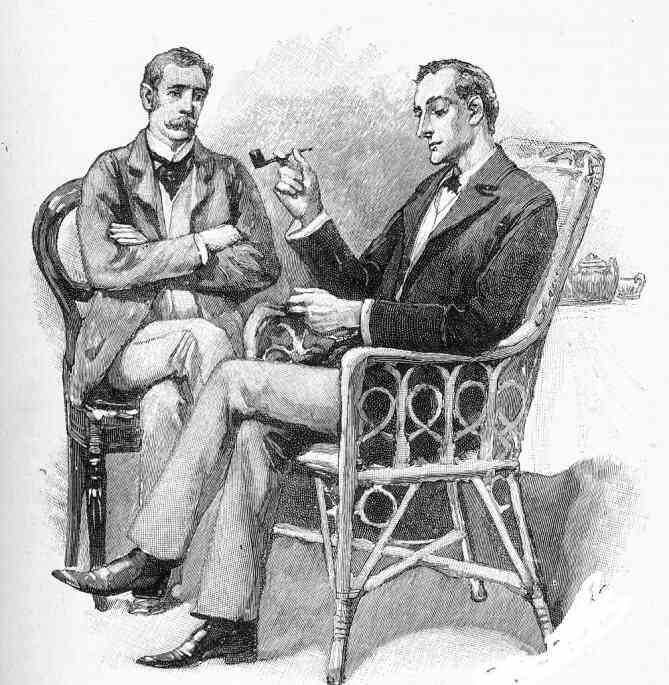
The above short story is taken from A Study in Scarlet. It’s a matter of surprise! Watson thinks his friend will be happy if he talks about incense, but Holmes instead questions his qualifications! But before that, who is this Dupin? C. Auguste Dupin is a character created by the famous writer Edgar Allan Poe, who is considered the pioneer of the modern detective.
But why is Holmes talking like this about Dupin? It is fair to say that many readers of Conan Doyle did not take kindly to Holmes’ rhetoric. Doyle later explained that he had painted the character of Holmes somewhat arrogantly; so he did not think it was appropriate to express his praise of Dupin through his mouth.
But what did Doyle himself think about Dupin? In this case, he did not hesitate to praise. In an interview published in the Boston Herald on May 8, 1892, he called Dupin the best detective he had ever known. Although there is much room for debate on this point, it would not be an exaggeration to say that the genre we know today as detective fiction was born through the pen, through the hand of Alan Poe.
The Birth of Detective Fiction
Most researchers recognize Edgar Allan Poe as the father of detective stories or detective fiction, although such stories existed before him. However, this branch of literature can be said to have started to develop at the hands of Poe. According to Conan Doyle, Poe revitalized detective fiction. He showed that even detective stories can be appreciated by readers and critics.
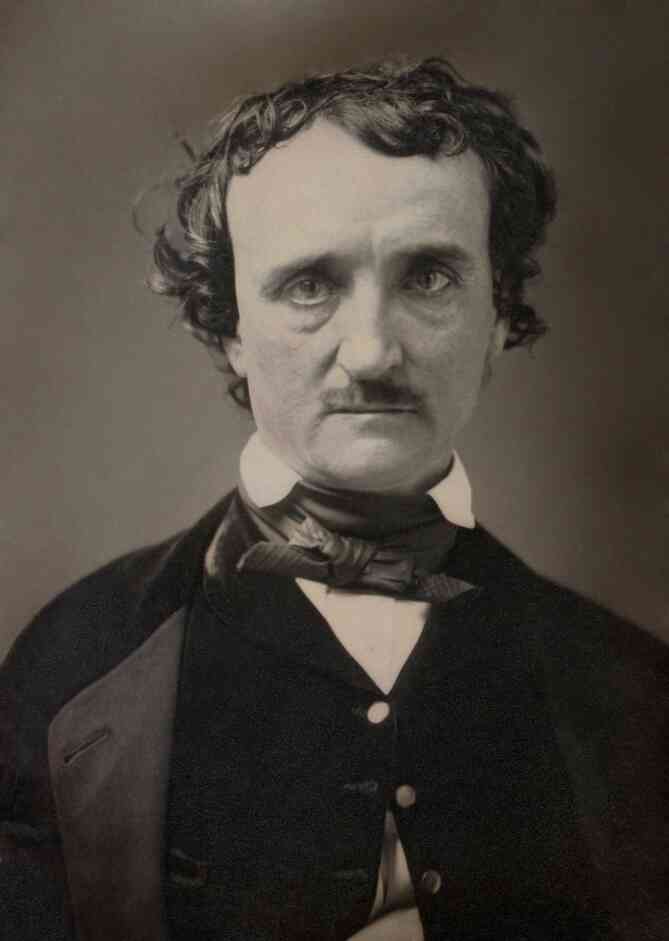
Even before Poe, there are some stories that we can take as the prototypes of the detective story. Some researchers want to call ‘The Three Apples‘ as the first detective story. However, the main character of this story did not make any attempt to solve the mystery. So many disagree, they claim that history’s first detective stories originated from Persian fables. The name of this Persian fable is ‘The Three Princes of Serendip‘. Serendip is a very old name in today’s Sri Lanka, so it is understood that the context of this story is there. The princes are the detectives here; their mission is to find a lost camel.
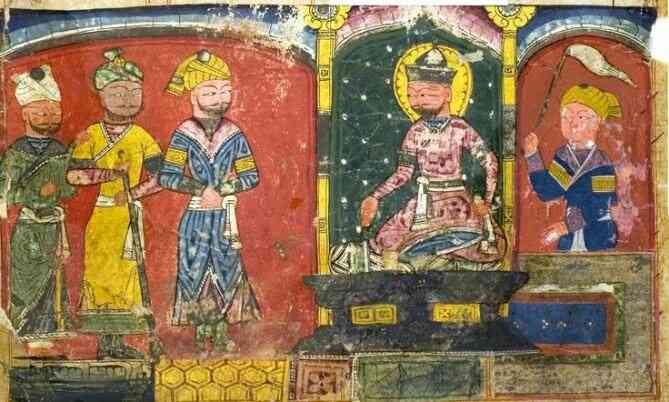
‘Mademoiselle de Scuderi‘ (Das Fräulein von Scuderi) written around 1820 can be considered as a mystery story. German romantic and horror novels writer ETA Hoffmann is the author of this book. ‘The Secret Cell‘, published in 1837, is also called detective fiction by many. Interestingly, this story was written by Poe’s publisher, William Evans Burton. He weaved a story about the efforts of the police to rescue a kidnapped girl.
However, the year 1841 can be considered officially as the birth year of detective fiction. This year, Edgar Allan Poe introduced readers to a Frenchman, Auguste Dupin. His writing ‘The Murders in the Rue Morgue‘ created a new genre of literature. Four years later, Poe brought Dupin back with ‘The Purloined Letter‘ and ‘The Mystery of Marie Roget‘.
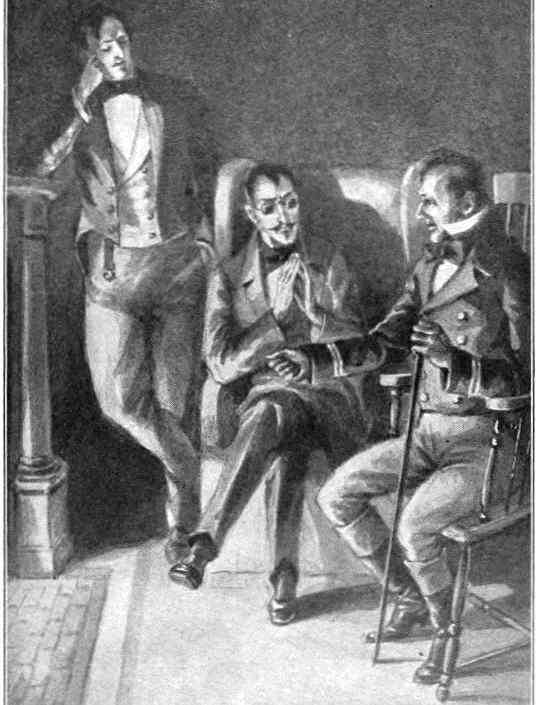
Whatever happened before, it is undeniable that detective fiction has become a trend after Dupin. Many also tend to write detective novels on a large scale. In 1866 French Émile Gaboriau’s L’Affaire Lerouge is considered by many to be a milestone in this regard. Gaboriau’s detectives were the first to systematically gather information and solve mysteries. It is through him that amateur detectives are first introduced to the reader. Women also registered as detective writers in the same year. Victoria Fuller wrote detective stories under the pseudonym Seeley Regester.
If anyone is to be credited with starting the detective novel other than Gaboriau, it is Wilkie Collins. Researchers believe that his ‘The Woman in White‘ published in 1859, is the first mystery novel. ‘The Moonstone‘ published in 1868, is arguably the first detective book. However, many believe that this glory belongs to ‘The Notting Hill Mystery‘ written under the pseudonym Charles Felix, which came out five years ago (The author’s identity was never revealed, but several critics have suggested posthumously Charles Warren Adams). Many people put this title on Voltaire’s Zadig (1748) or Charles Dickens’ Bleak House (1853).
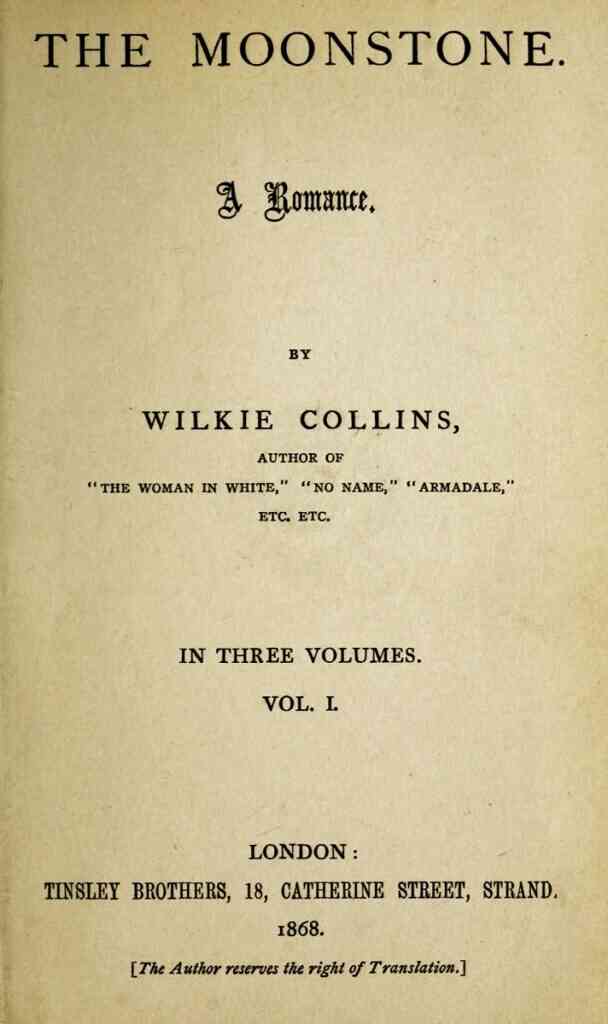
In 1878, American writer Anna Katharine Green introduced the first detective fiction in the United States with The Leavenworth Case. With over 750,000 copies sold, the book is one of the best sellers of the early American era. Many other female mystery writers followed Green’s path.
Dr. Jekyll and Mr. Hyde, an ageless creation by Robert Louis Stevenson, entered the list of mysteries in 1886. In the same year, a British writer named Fergus Hume wrote The Mystery of a Hansom Cab. The book, published in Australia, quickly climbed the bestseller list. The following year, a dentist named Arthur Conan Doyle brought Sherlock Holmes, one of the greatest detectives in the history of fiction, to readers, but he was surpassed in sales by Fergus Hume.
After Holmes, many more mystery solvers came into detective fiction. Hercule Poirot and Miss Marple were born in the pen of Agatha Christie, Queen of Mystery, in the 1920s. Dorothy Leigh Sayers’ Lord Peter Wimsey and American authors Frederic Dannay and Manfred Bennington Lee’s Ellery Queen also gained popularity.
The 1930s can be called the golden age of detective fiction. Agatha Christie, Dorothy Sayers, Josephine Tey, Margery Allingham and Ngaio Marsh are called Queens of Golden Age. Authors like Dashiell Hammett, Raymond Chandler, and Mickey Spillane were not far behind. After that, detective fiction has evolved a lot over the years. Adventurers running around the world have taken the place of detectives sitting in chairs. But many say that detective fiction reached its peak in the 1930s.
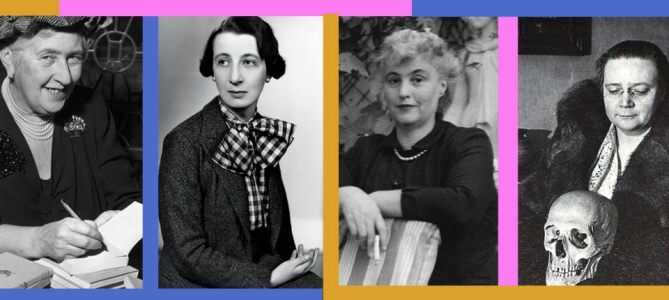
Dupin’s inspiration
Let’s go back to Edgar Allan Poe’s detective stories; mystery literature gained momentum from him; readers gained interest in detective stories.
Many writers do not create their characters entirely from imagination, but from one or more existing characters. As Conan Doyle cites a few as inspirations for Holmes, including Dupin did Poe create Dupin with inspiration from someone?
According to the researchers, he did. They consider French police chief Eugène François Vidocq to be Dupin’s man. Vidocq’s life is quite fascinating. Eugène-François Vidocq was a French criminal turned criminalist, whose life story inspired several writers, including Victor Hugo, Edgar Allan Poe and Honoré de Balzac. After the French Revolution he served in the army, then became involved in crime. He also served some time in jail.

In 1809, during the reign of Napoleon, Vidocq applied for a job in the police. His criminal life experience helped him. After getting the job, he created a new department to catch criminals, which is the prototype of today’s French police detective department or ‘Sûreté’.
Vidocq became famous for solving many complex crime mysteries. In 1827, he resigned from his job and went into business, where he employed freed convicts. But soon, when business went down, he rejoined the police during the reign of King Louis Philippe. But in 1832 he was deposed when he was accused of theft.
Vidocq later opened a private detective agency, but the authorities closed it down after a few days. But he was quite popular with the French people. One reason for this may be his autobiography, published in 1828-29, in which he gave extensive details of his various works.
However, modern researchers agree that Vidocq’s details are largely exaggerated; that he made up a lot of falsehoods to portray himself. Again, he carried out many such incidents in his own name where he had no involvement. He also coined a catchphrase in his autobiography, “I’m Vidocq, and I’m arresting you.” However, there is no evidence that he actually said such things, even during his lifetime.
However, it is undeniable that a colorful character like Vidocq provides ample material for writing. He was also famous as a mystery solver among the French people. As a result, Poe’s thought of Vidocq to write Dupin does not seem like a far-fetched fantasy.
How was Dupin?
Dupin is the only Edgar Allan Poe character who appears in more than one story. Poe wrote a total of three stories about Dupin, all of which were popular with readers. Dupin’s first story, The Murders in the Rue Morgue, was Poe’s first introduction to the closed-door murder mystery in detective fiction. The story is about two dead women, a bloody razor, a bag of gold coins, and some hair.
According to historians Helena Marković and Biljana Oklopcic, it is through this story that Poe laid the framework for later detective fiction. He gave birth to a new genre of literature by engaging readers in the relentless quest to find the culprit. For the first time in the story, he uses a detective as a central character, although Poe’s Dupin did not consider himself a detective. His interest was in poetry, but he had to spy for the sake of an incident. Dupin helps the police force, whom Poe portrays as incompetent. This mold of law enforcement has been followed by many writers later. Remember Inspector Lestrade of Scotland Yard?
Dupin is somewhat strange; he likes to keep his distance from people. Solving mysteries by candlelight at night is his specialty. Holmes, however, follows roughly the same formula.
Let’s look at the elements of Poe’s story . A homely detective, a storyteller’s friend, although Poe does not mention him by name, disoriented police, incomprehensible mysteries, logical decision-making are all familiar to us. Holmes and Poirot are built in much the same way. Even Conan Doyle created Dr. Watson, and Christie created Arthur Hastings in the urge to describe through the eyes of a friend.
Many people think that in the 19th century, people believed that all questions could be answered through logic. As a result, when Poe suggests a solution to the mystery through logical analysis, the reader eagerly accepts this formula. Detective fiction gains momentum.
Conan Doyle therefore very consciously used the mold of Dupin in creating Sherlock Holmes, one of the greatest detectives in fiction. He has added many elements of Poe’s story to the story of Holmes. He paid tribute to Poe in the introduction to the story book ‘The Adventures of Sherlock Holmes’ published in 1902, thus:
“A great writer, Edgar Allan Poe, has planted the seeds of many genres of literature in today’s era. He is the father of the detective story we are writing now. In fact, Poe enriched the genre with his writing to such an extent that there is very little opportunity to create anything new.“

